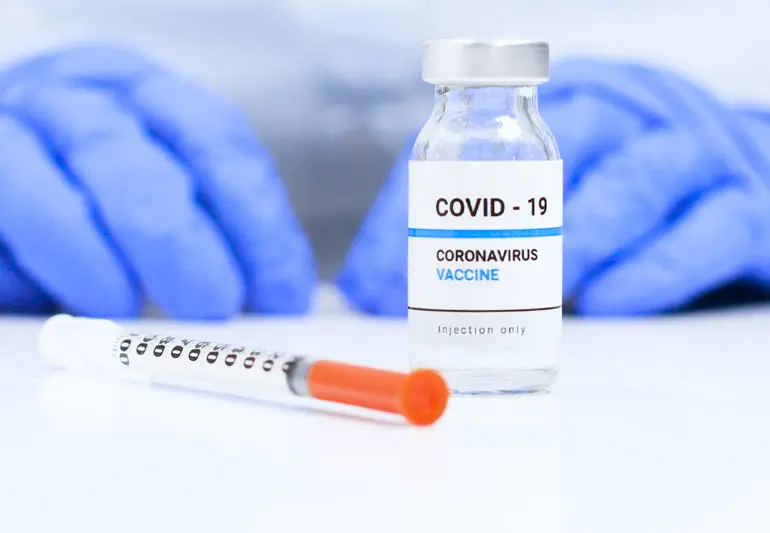- Home
- Medical news & Guidelines
- Anesthesiology
- Cardiology and CTVS
- Critical Care
- Dentistry
- Dermatology
- Diabetes and Endocrinology
- ENT
- Gastroenterology
- Medicine
- Nephrology
- Neurology
- Obstretics-Gynaecology
- Oncology
- Ophthalmology
- Orthopaedics
- Pediatrics-Neonatology
- Psychiatry
- Pulmonology
- Radiology
- Surgery
- Urology
- Laboratory Medicine
- Diet
- Nursing
- Paramedical
- Physiotherapy
- Health news
- Fact Check
- Bone Health Fact Check
- Brain Health Fact Check
- Cancer Related Fact Check
- Child Care Fact Check
- Dental and oral health fact check
- Diabetes and metabolic health fact check
- Diet and Nutrition Fact Check
- Eye and ENT Care Fact Check
- Fitness fact check
- Gut health fact check
- Heart health fact check
- Kidney health fact check
- Medical education fact check
- Men's health fact check
- Respiratory fact check
- Skin and hair care fact check
- Vaccine and Immunization fact check
- Women's health fact check
- AYUSH
- State News
- Andaman and Nicobar Islands
- Andhra Pradesh
- Arunachal Pradesh
- Assam
- Bihar
- Chandigarh
- Chattisgarh
- Dadra and Nagar Haveli
- Daman and Diu
- Delhi
- Goa
- Gujarat
- Haryana
- Himachal Pradesh
- Jammu & Kashmir
- Jharkhand
- Karnataka
- Kerala
- Ladakh
- Lakshadweep
- Madhya Pradesh
- Maharashtra
- Manipur
- Meghalaya
- Mizoram
- Nagaland
- Odisha
- Puducherry
- Punjab
- Rajasthan
- Sikkim
- Tamil Nadu
- Telangana
- Tripura
- Uttar Pradesh
- Uttrakhand
- West Bengal
- Medical Education
- Industry
COVID-19 vaccines may increase hemolysis risk in PNH patients: Study

According to recent research reports published in Blood ,Patients with paroxysmal nocturnal hemoglobinuria (PNH) who receive vaccination for COVID-19 may be at risk of severe hemolysis.
Two mRNA-based vaccines that lead to transient expression of the SARS-CoV-2 spike protein are highly efficacious in preventing severe infection.Reactions to these vaccines are generally mild; however, increased complement amplification could theoretically lead to more severe effects in diseases like paroxysmal nocturnal hemoglobinuria (PNH), where blood cells lack complement regulatory proteins.
In the current study, researchers describe significant adverse reactions to COVID-19 vaccines in four patients with PNH. They also present two PNH patients who received the vaccine without significant adverse effects or hemolysis.
Patients were identified based on self-report of receiving the vaccine. Patients were aged 25-63 years, had PNH granulocyte clones of ≥80%, and had not received transfusions in the past year. Reactions occurred from the day of administration to five days later and lasted one to six days. Four of six patients reported fever. Patients 2, 3, and 4 experienced severe hemolysis with 2-4 g/dL hemoglobin decrease. Patient 1 had a presumptive thrombotic manifestation. Patients 5 and 6 received both doses of the Pfizer-BioNTech BNT162b2 (Pfizer-BioNTech) COVID-19 vaccine without clinical or laboratory signs of hemolysis.
"Based on these observations, we sought to evaluate whether the SARS-CoV-2 spike protein directly leads to increased hemolysis. Recent data suggests the SARS-CoV-2 spike protein binds heparan sulfate on nucleated cells and amplifies the alternative pathway of complement through interference with the binding of CFH, an alternative pathway inhibitor. However, CFH primarily binds sialic acid on human erythrocytes, and mature erythrocytes express little heparan sulfate."the team opined.
"This study provides insight into the mechanism of pharmacodynamic breakthrough precipitated by COVID-19 vaccination in PNH patients on ravulizumab. Similar disease flares may be anticipated in other complement-mediated disorders such as complement-mediated hemolytic uremic syndrome, cold agglutinin disease, catastrophic antiphospholipid syndrome, and HELLP syndrome.17 As SARS-CoV-2 leads to a severe inflammatory state, the benefits of vaccinating patients with PNH likely outweigh the risks; however, clinicians and patients should be aware of this serious adverse effect, and patients should be educated to report any symptoms postvaccination."the team concluded.
For full article follow the link: Gerber GF, Yuan X, Yu J, et al. COVID-19 vaccines induce severe hemolysis in paroxysmal nocturnal hemoglobinuria. Blood. Published online May 4, 2021. doi:10.1182/blood.2021011548
Source:Blood
Dr Satabdi Saha (BDS, MDS) is a practicing pediatric dentist with a keen interest in new medical researches and updates. She has completed her BDS from North Bengal Dental College ,Darjeeling. Then she went on to secure an ALL INDIA NEET PG rank and completed her MDS from the first dental college in the country – Dr R. Ahmed Dental College and Hospital. She is currently attached to The Marwari Relief Society Hospital as a consultant along with private practice of 2 years. She has published scientific papers in national and international journals. Her strong passion of sharing knowledge with the medical fraternity has motivated her to be a part of Medical Dialogues.
Dr Kamal Kant Kohli-MBBS, DTCD- a chest specialist with more than 30 years of practice and a flair for writing clinical articles, Dr Kamal Kant Kohli joined Medical Dialogues as a Chief Editor of Medical News. Besides writing articles, as an editor, he proofreads and verifies all the medical content published on Medical Dialogues including those coming from journals, studies,medical conferences,guidelines etc. Email: drkohli@medicaldialogues.in. Contact no. 011-43720751


